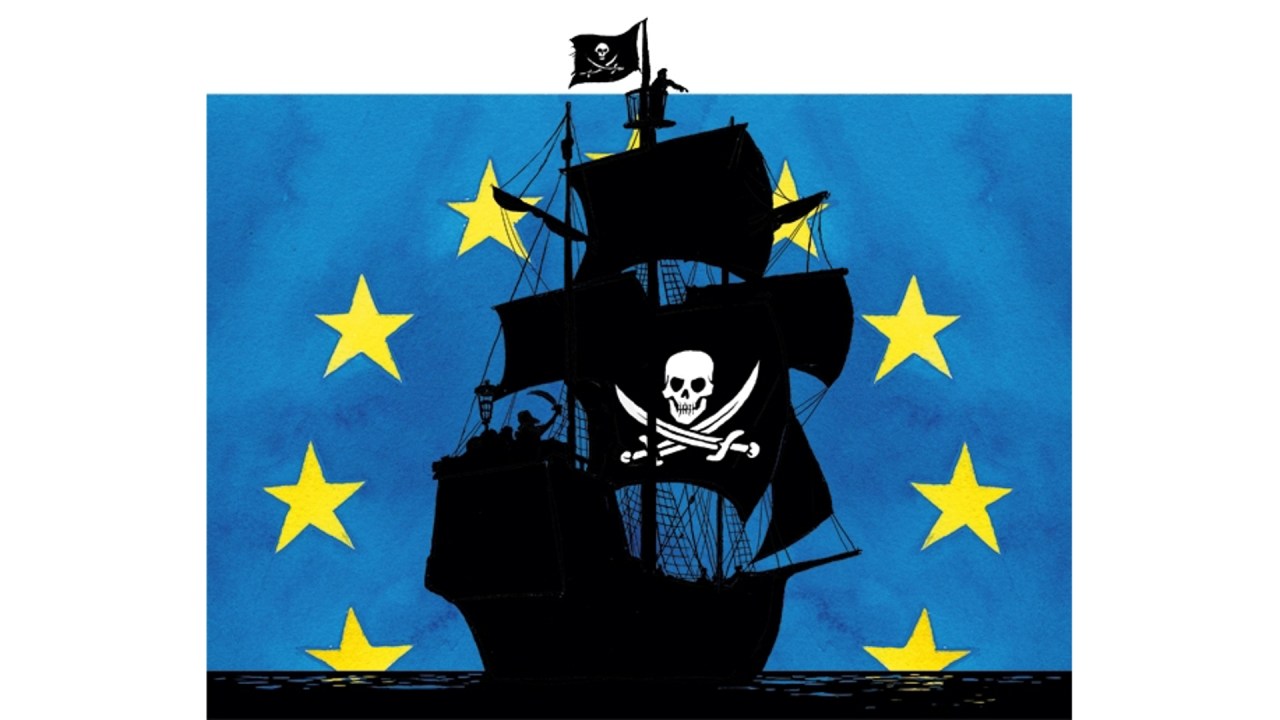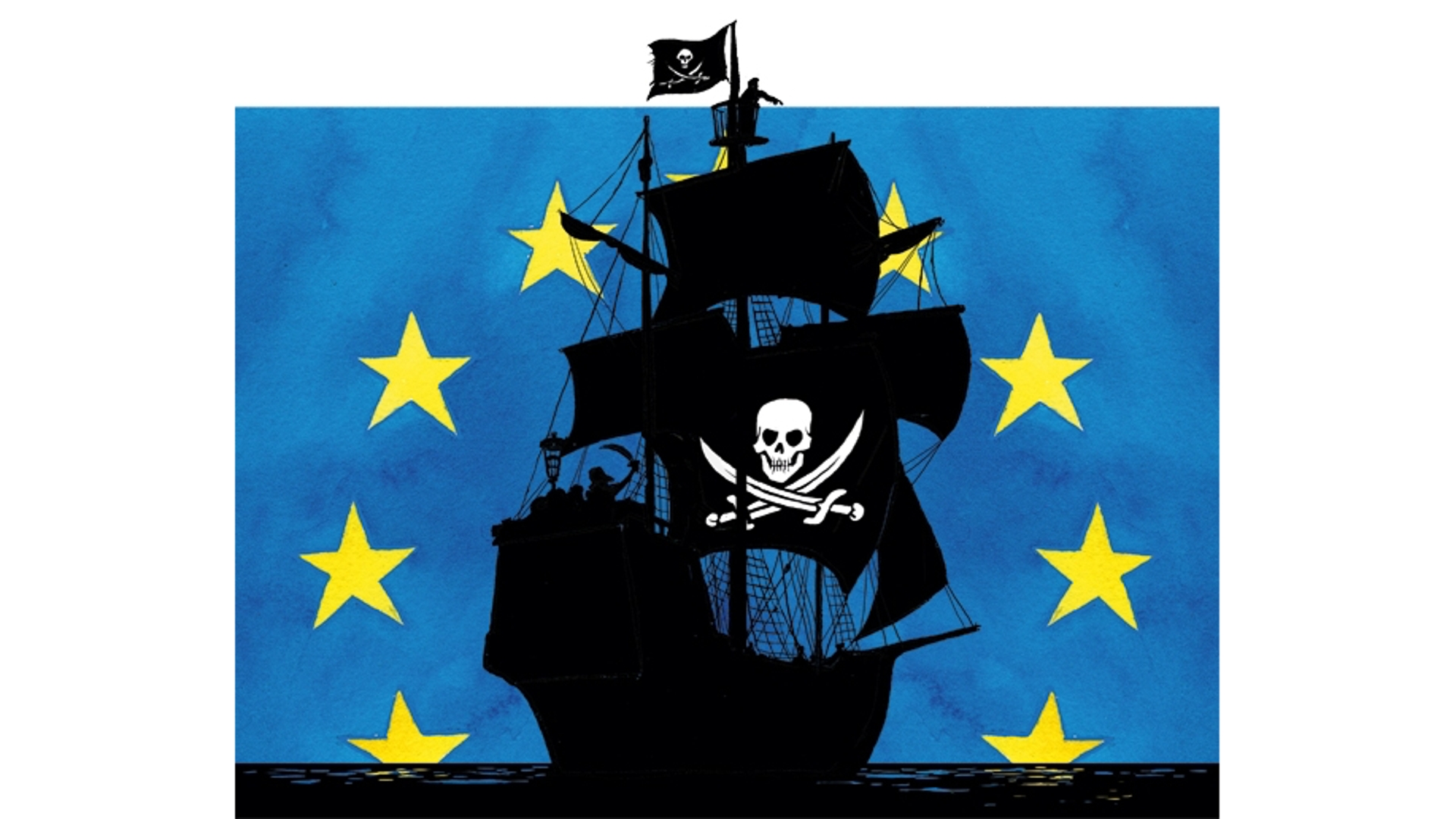Remember when the EU was going to provide an antidote to the spectre of vaccine nationalism? While Italian authorities are raiding pharmaceutical plants for vaccines, the European Commission is pushing for measures to block vaccine exports to countries that do not ‘reciprocate’.
Unfortunately, European authorities have it exactly backward. Instead of seeking to expand the existing supply, their ham-fisted policies risk having the opposite effect. The ongoing war on AstraZeneca is bound to make every pharmaceutical firm think twice before signing a contract with the EU. And with vaccine production chains spanning across numerous jurisdictions, including non-members of the EU, export restrictions increase legal uncertainty and can disrupt supplies further.
The inconvenient fact for the EU is that you get what one pays for. The Commission decided to pay €1.78 (£1.53) per dose of AstraZeneca, as opposed to the £3 paid by the UK government. It is also paying €12 (£10.34) per dose for a dose of the Pfizer vaccine — not £15.

Get Britain's best politics newsletters
Register to get The Spectator's insight and opinion straight to your inbox. You can then read two free articles each week.
Already a subscriber? Log in







Comments
Join the debate for just £1 a month
Be part of the conversation with other Spectator readers by getting your first three months for £3.
UNLOCK ACCESS Just £1 a monthAlready a subscriber? Log in